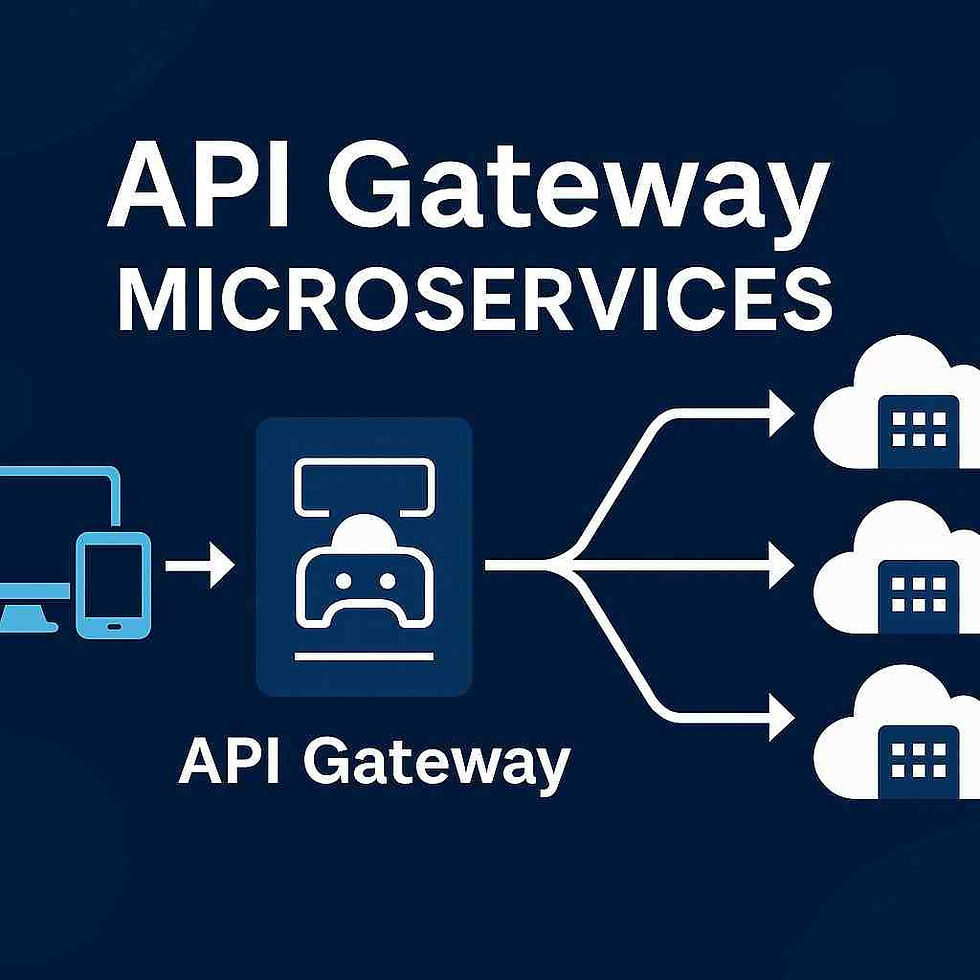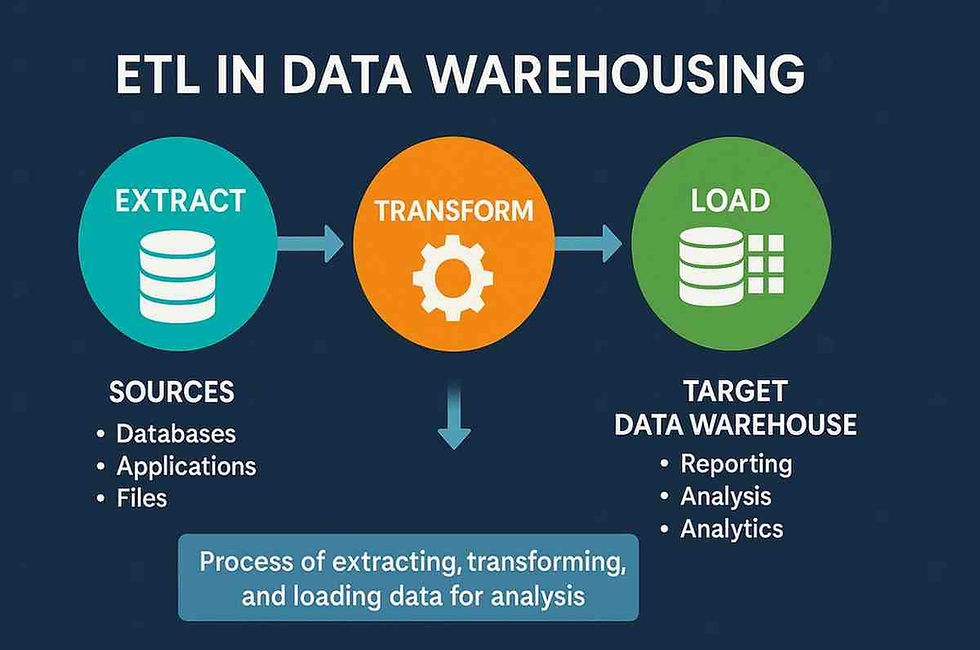ReqRes API: Developer Guide & Testing Tutorial 2025
- Gunashree RS
- Jun 14, 2025
- 7 min read
The world of API development has evolved dramatically, with 74% of respondents being API-first in 2024, up from 66% in 2023. In this rapidly growing ecosystem where 57% of internet traffic is now API requests, developers need reliable testing tools more than ever. Enter ReqRes API – a game-changing solution that has become an essential tool for frontend developers, testers, and students worldwide.
ReqRes API stands as a hosted REST API service specifically designed to respond to your AJAX requests without the complexity of setting up backend infrastructure. Whether you're prototyping a new application, testing frontend functionality, or learning API integration, ReqRes provides a seamless solution that eliminates backend dependencies.

What Exactly is ReqRes API and Why Should You Care?
Q: What makes ReqRes API different from other testing APIs?
ReqRes API is a free, hosted REST API service that provides realistic fake data responses for development and testing purposes. Unlike static mock APIs, ReqRes simulates real-world API behavior with proper HTTP status codes, realistic response times, and structured JSON data.
The API was created to solve a common problem: developers often need to test frontend applications before the backend is ready, or they need consistent data for demonstrations and tutorials. ReqRes does not store any of your data at all. Once you send it to us, we just send it straight back...and then it's gone!
Key Statistics:
Used by thousands of developers worldwide daily
Supports all major HTTP methods (GET, POST, PUT, DELETE, PATCH)
Provides a consistent data structure for reliable testing
Zero setup time required
Q: Who typically uses the ReqRes API?
ReqRes API serves multiple user groups:
Frontend Developers: Testing user interfaces without backend dependencies
Students: Learning API integration concepts
QA Engineers: Validating application behavior with predictable data
Instructors: Demonstrating API concepts in tutorials
Prototype Developers: Building proof-of-concept applications
Core Features and Capabilities of ReqRes API

Q: What endpoints does the ReqRes API provide?
ReqRes API offers several endpoint categories, each serving specific testing needs:
User Management Endpoints:
GET /api/users - Retrieve user lists with pagination
GET /api/users/{id} - Fetch individual user details
POST /api/users - Create new user records
PUT /api/users/{id} - Update existing users
DELETE /api/users/{id} - Remove user records
Authentication Simulation:
POST /api/register - Simulate user registration
POST /api/login - Mock authentication process
Resource Management:
GET /api/unknown - Access additional resource data
Various CRUD operations on resources
Q: How does pagination work in the ReqRes API?
ReqRes implements standard pagination patterns that mirror real-world APIs. When requesting user lists, responses include:
{
"page": 1,
"per_page": 6,
"total": 12,
"total_pages": 2,
"data": [...],
"support": {...}
}This structure helps developers understand and implement pagination in their applications effectively.
Getting Started: Your First ReqRes API Request

Q: How do you make your first API call to ReqRes?
Getting started with the ReqRes API requires no authentication or setup. Here's a step-by-step approach:
Step 1: Basic GET Request
fetch('https://reqres.in/api/users')
.then(response => response.json())
.then(data => console.log(data));Step 2: Handling Individual User Data
fetch('https://reqres.in/api/users/2')
.then(response => response.json())
.then(user => {
console.log(`User: ${user.data.first_name} ${user.data.last_name}`);
});Step 3: Creating New Records
fetch('https://reqres.in/api/users', {
method: 'POST',
headers: {
'Content-Type': 'application/json',
},
body: JSON.stringify({
name: 'John Doe',
job: 'Developer'
})
})
.then(response => response.json())
.then(data => console.log(data));Advanced Implementation Strategies
Q: What are the best practices for using the ReqRes API in production-like scenarios?
While ReqRes excels in development and testing, implementing it effectively requires strategic thinking:
Error Handling Implementation:
async function fetchUserData(userId) {
try {
const response = await fetch(`https://reqres.in/api/users/${userId}`);
if (!response.ok) {
throw new Error(`HTTP error! status: ${response.status}`);
}
const userData = await response.json();
return userData;
} catch (error) {
console.error('Failed to fetch user data:', error);
throw error;
}
}State Management Integration: For React applications, ReqRes integrates seamlessly with state management:
import { useState, useEffect } from 'react';
function UserList() {
const [users, setUsers] = useState([]);
const [loading, setLoading] = useState(true);
useEffect(() => {
fetch('https://reqres.in/api/users')
.then(response => response.json())
.then(data => {
setUsers(data.data);
setLoading(false);
});
}, []);
return (
<div>
{loading ? <p>Loading...</p> :
users.map(user => (
<div key={user.id}>{user.first_name} {user.last_name}</div>
))
}
</div>
);
}Performance Optimization and Rate Limiting
Q: How does ReqRes handle performance and rate limiting?
ReqRes implements intelligent rate limiting to ensure service availability for all users. Heavy users can go Pro for unlimited requests, faster rate limits, and priority uptime.
Free Tier Specifications:
Standard rate limits apply
Shared infrastructure
Best-effort uptime guarantees
Pro Tier Benefits:
Unlimited API requests
Enhanced rate limits
Priority server access
Guaranteed uptime SLA
Performance Optimization Tips:
Implement proper caching strategies
Use efficient data fetching patterns
Handle rate limit responses gracefully
Implement retry logic with exponential backoff
Security Considerations and Data Privacy

Q: Is the ReqRes API secure for development use?
ReqRes prioritizes security and privacy with several key principles:
Data Handling Policy:
No persistent data storage
Immediate data disposal after response
No logging of sensitive information
HTTPS encryption for all requests
Development Security Best Practices:
Never use real user credentials in ReqRes requests
Implement proper error handling to avoid information leakage
Use environment variables for API endpoints in production
Validate all data received from APIs, even test APIs
Given that 95% of respondents experienced security issues in their production APIs in the last year, understanding API security from the development phase is crucial.
Comparing ReqRes with Alternative Solutions
Q: How does ReqRes compare to other fake API services?
The fake API ecosystem includes several notable competitors, each with unique strengths:
ReqRes vs JSONPlaceholder:
ReqRes: Focused on user data and authentication flows
JSONPlaceholder: Broader content types (posts, comments, albums)
ReqRes vs DummyJSON:
ReqRes: Simpler, more focused approach
DummyJSON: More comprehensive dataset with 10+ categories
ReqRes vs Custom Mock Servers:
ReqRes: Zero setup, hosted solution
Custom Mocks: Full control but requires maintenance
Selection Criteria:
Project complexity requirements
Data type needs
Set up time constraints
Long-term maintenance considerations
Frequently Asked Questions (FAQ)
Q: Is the ReqRes API completely free to use?
A: Yes, ReqRes offers a free tier with standard rate limits. They also provide a Pro version for heavy users requiring unlimited requests and priority support.
Q: Can I use ReqRes API in production applications?
A: ReqRes is designed for development, testing, and prototyping. For production applications, you should implement your backend API or use production-ready services.
Q: Does ReqRes API support authentication?
A: ReqRes provides mock authentication endpoints that simulate login and registration processes, but these are for testing purposes only and don't provide real security.
Q: What happens to the data I send to ReqRes?
A: ReqRes doesn't store any data permanently. All data sent in requests is immediately returned in responses and then discarded.
Q: Can I customize the data returned by ReqRes?
A: ReqRes returns predefined data structures. For custom data, consider using alternatives like JSON Server or DummyJSON.
Q: Is there an offline version of ReqRes?
A: ReqRes is a hosted service. For offline development, consider using JSON Server or setting up local mock servers.
Q: How reliable is ReqRes for continuous integration testing?
A: While ReqRes aims for high availability, depending on external services for CI/CD can introduce potential points of failure. Consider local alternatives for critical CI processes.
Q: Does ReqRes support GraphQL?
A: No, ReqRes focuses exclusively on REST API patterns. For GraphQL testing, you'll need specialized tools or services.
Conclusion
ReqRes API has established itself as an indispensable tool in the modern developer's toolkit, providing a reliable, simple, and effective solution for frontend testing and prototyping. In an era where APIs are no longer an afterthought but the foundation of development, with between 26 and 50 APIs powering the average application, having access to consistent testing resources becomes crucial.
The service's commitment to data privacy, combined with its zero-setup approach, makes it an ideal choice for developers at all levels. Whether you're building your first web application, teaching API concepts, or prototyping the next big application, ReqRes provides the stability and predictability needed to focus on what matters most – creating exceptional user experiences.
As the API economy continues to expand and evolve, tools like ReqRes will remain essential for maintaining development velocity while ensuring application quality. The key to success lies in understanding when and how to leverage these tools effectively within your development workflow.
Key Takeaways
• Zero Setup Required: ReqRes API provides immediate access to realistic test data without configuration or authentication setup
• Privacy-First Approach: All data sent to ReqRes is immediately discarded after the response, ensuring no persistent storage of sensitive information
• Comprehensive HTTP Method Support: Full CRUD operations available with proper status codes and realistic response structures
• Perfect for Learning: Ideal tool for students and new developers to understand API integration concepts without backend complexity
• Production-Ready Patterns: Implements real-world API patterns including pagination, error handling, and standard HTTP conventions
• Free Tier Available: Core functionality accessible without cost, with Pro options for heavy usage scenarios
• Industry-Standard Security: HTTPS encryption and responsible data handling practices align with modern security requirements
• Seamless Framework Integration: Works effortlessly with popular frontend frameworks like React, Vue, Angular, and vanilla JavaScript
• Reliable for Prototyping: Consistent uptime and predictable responses make it suitable for demos and proof-of-concept development
• Educational Value: Extensive documentation and clear examples facilitate understanding of RESTful API principles
Article Sources
Postman State of the API Report 2024 - Comprehensive API industry statistics and trends
TechTarget API Security Trends 2025 - Security challenges in API development
Nordic APIs Economic Analysis 2024 - API traffic and usage statistics
Cloudflare API Security Report 2024 - Internet traffic analysis and security insights
ReqRes Official Documentation - Primary source for API specifications and features
Analyzing Alpha API Statistics - REST API adoption and usage data
Platformable API Economy Trends - Business API consumption patterns
Salt Security API Report 2024 - API security incident statistics and trends




INDOVIP138
indovip138
indovip138
indovip138
indovip138
indovip138
indovip138
indovip138
indovip138
indovip138
indovip138
indovip138
indovip138
indovip138
indovip138
indovip138
indovip138
indovip138
indovip138
indovip138
indovip138
indovip138
indovip138
indovip138
indovip138
indovip138
indovip138
indovip138
indovip138
indovip138
indovip138
indovip138
indovip138
indovip138
indovip138
indovip138
indovip138
indovip138
indovip138
indovip138
indovip138
indovip138
indovip138
indovip138
indovip138
Link INDOVIP138
indovip138
indovip138
indovip138
indovip138
indovip138
indovip138
indovip138
indovip138
indovip138
indovip138
indovip138
indovip138
indovip138
indovip138
indovip138
indovip138
indovip138
indovip138
indovip138
indovip138
indovip138
indovip138
indovip138
indovip138
indovip138
indovip138
indovip138
indovip138
indovip138
indovip138
indovip138
indovip138